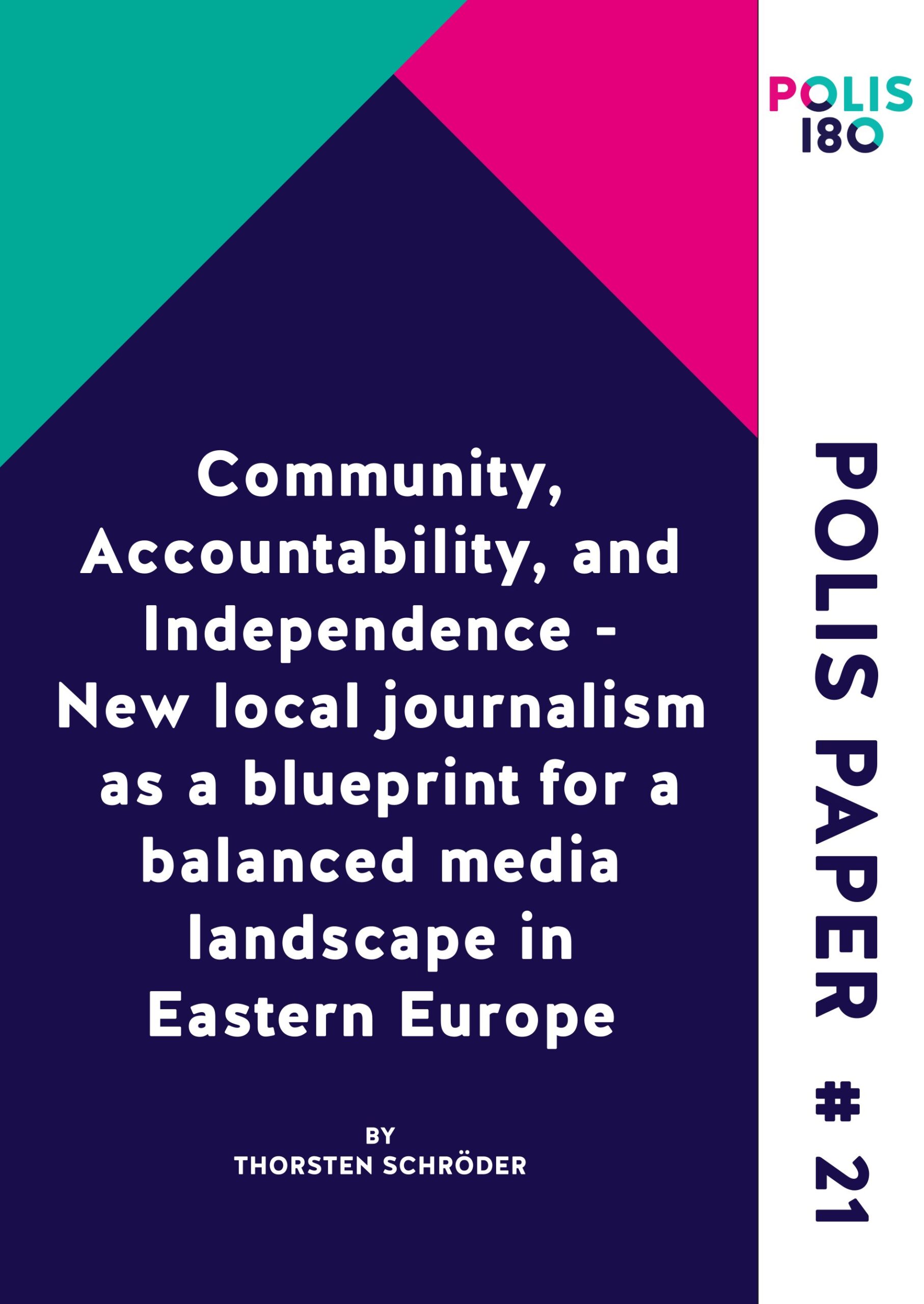This paper is part of a series of papers highlighting fields of innovation in the creative industries with political impact and how they can be supported politically.
They were created in the context of the project Digitizing Creative Industries, in which five innovation projects from Europe were supported in an accelerator program with mentoring, innovation workshops and networking.
In this series, our international authors from academia, innovation practice and journalism address the opportunities and challenges of creative value creation in the Web3 space, digital gig work in the creative sector, new forms of local journalism and its importance for a balanced media landscape in Eastern Europe, recommendations for a European policy framework to support media innovation, and cross-disciplinary collaboration using the example of educational innovation with extended reality technology.
Abstract
The advent of the internet and the rise of social media platforms have weakened the news industry across the globe, leaving media companies competing with Silicon Valley for ad revenue and attention. This development has particular significance for Eastern European countries that lack the decades-long tradition of an independent press and are vulnerable to attacks by political interests.
However, this environment has also created a white space for new media ventures that leverage the opportunities of digitalization to pursue new, innovative models, especially on a local level. To help the industry thrive, politics, international organizations, and donors must come together to create the financial and legal framework necessary to strengthen independent media and, consequently, the European project.
By Thorsten Schröder
December 2022
Thorsten Schröder is a journalist and communications consultant. After studying in Passau, Cologne, and Paris, Thorsten spent nine years as a U.S. correspondent reporting on politics, business, and technology for publications such as Die Zeit, NZZ am Sonntag, and Wired. Currently, he is Managing Editor at Béton Bleu Magazine, a multi-lingual non-profit magazine that explores cultural policy in Europe.
